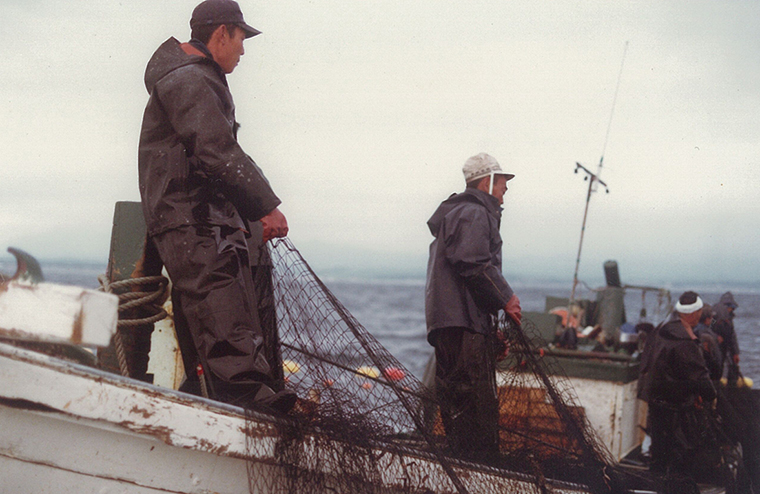Courtisane festival 2019
- SPHINX CINEMA, MINARD, KASKCINEMA, PADDENHOEK, GOUVERNEMENT
- GHENT
The other day a word caught our attention. A French word that critic Serge Daney used to describe Paulo Rocha’s A Ilha dos Amores, one of the films we’re excited to show as part of this festival programme. This film, he wrote, is perfectly dépaysant, alluding to the sense of disorientation or unsettlement that accompanies an abrupt change of scenery. It’s the sentiment that likely comes with the kind of voyage that, rather than introducing us to a foreignness that is completely recognisable and accountable, makes us discover the power of becoming a foreigner to ourselves.
Raúl Ruiz, another filmmaker who has a prominent place in this programme, considered this experience as characteristic of all those avid travellers and wanderers who don’t look for the same in the different, but instead end up discovering difference in the same. He called those travellers ‘exots’, a notion he borrowed from another great poet and explorer, Victor Segalen, who set out to strip the word exoticism of its familiar associations with cheap tourism and vulgar spectatorship. Instead, he proposed to rethink the experience of being confronted with something that lies ‘out- side’ of the sum total of our current, conscious, everyday events; something that poses a challenge to our usual frames of experience. In defiance of the claims of customary routine and common sense, the exot persists in the curiosity of his gaze, displaces his angle of vision, undoes the certitudes of place and identity, and thereby reawakens the capacity present in each of us to ‘conceive otherwise’.
If these ideas strongly resonate with us it might be because cinema is the art that, par excellence, offers a multiplicity of displacements between the immediate and the remote, between the shimmering of life and the fleeting of shadows. It might be because the exercises of cinema that touch us the most are those that precisely provide us with a feeling of dépaysement; that is, the feeling of not being ‘at home’, in the comfort of sameness, but rather in front of worlds that invite us to question the very relationship between the ‘same’ and the ‘different’. Most likely, it’s because, as we see it, the ever-shifting landscape of cinema offers an infinity of unforeseen encounters and challenges to any attentive traveller looking for ‘true travel’, as once described by Raúl Ruiz: that in which “all that matters are the magical accidents, the discoveries, the inexplicable wonders and the wasted time”. (SD)

